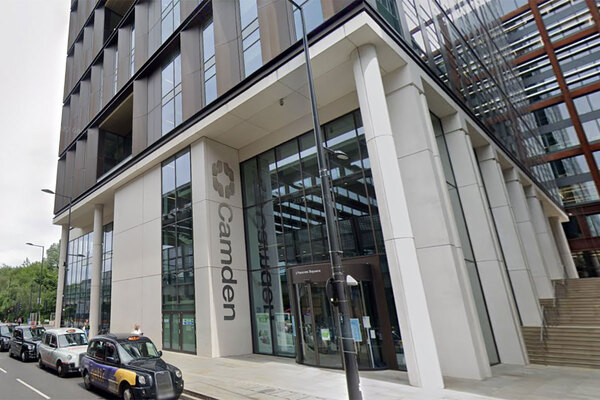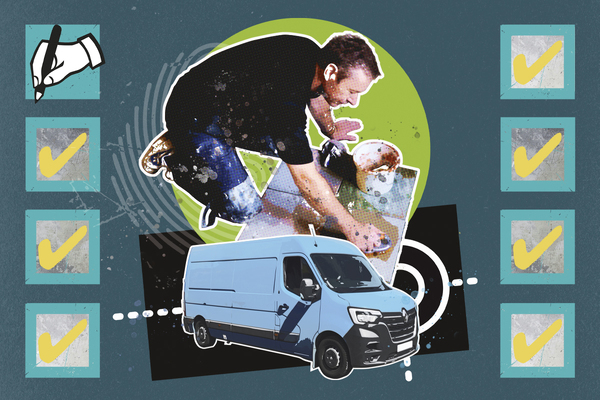Ombudsman urges landlords to overcome ‘alarming complacency’ ahead of Awaab’s Law
The Housing Ombudsman has urged landlords to overcome their “alarming complacency” around hazards ahead of the introduction of Awaab’s Law.
The watchdog’s latest Learning from severe maladministration report focuses on hazards found in its casework, including “children at risk from exposed electrical wires or falling through holes in floors large enough for them to fit” and older people experiencing temperatures of 35 degrees Celsius because of faulty boilers.
Other hazards listed in the report include dead rats making someone’s home uninhabitable and “reports of skin conditions because of contaminated water”.
In one case, a landlord failed to deal with a pest infestation, leaving “dead rats and an awful smell in the home”, despite conducting a home condition survey during this time which found no issues.
In another case, the landlord failed to deal with a carbon monoxide leak or consider the impact this could have on other residents in the block.
Awaab’s Law, named after the two-year-old who died from exposure to mould, will force social landlords to respond to hazards in strict time frames.
The law is already on the statute books under the Social Housing (Regulation) Act, but additional secondary legislation is required to implement it across the social housing sector.
The government is expected to respond to a consultation on the law as it brings forward secondary legislation.
In its report, the ombudsman said hazards can go unresolved for “months and years”, which “shows a degree of complacency when responding to hazards” which was “alarming”.
It said a “fundamental flaw” in the sector’s approach was a failure to risk assess and triage cases effectively.
“All landlords should consider adopting triaging,” it added.
“Because a hazard is assessed based on the circumstances of the household – age, health, vulnerabilities – and omitting that vital step could result in hazards being missed.”
The ombudsman also worried there was a “disconnect” between the responsibilities of councils and landlords, since it is the landlord’s obligation to ensure a home is free of hazards, but enforcement rests with local government.
It concluded that there was “a strong case for consolidation and simplification in the policy framework”, which the introduction of Awaab’s Law and a new, universal Decent Homes Standard could bring.
Yet, in waiting for new measures, landlords “should not lose sight of the fact there is already sufficient statute in place which should have prevented” the conditions encountered by the watchdog.
“Therefore, right now landlords should be assuring themselves they can deliver robust action on hazards and doing so will make them better prepared for Awaab’s Law,” it said.
Richard Blakeway, the housing ombudsman, said: “Landlords may not have an explicit reference to hazards in relevant repair policies, and opportunities can be missed to address hazards when re-letting properties.
“Therefore, right now landlords should be assuring themselves they can deliver robust action on hazards, and doing so will make them better prepared for Awaab’s Law.”
A Ministry for Housing, Communities and Local Government spokesperson said: “These findings are completely unacceptable. We are clear about the high standards expected from all housing providers.
“We will end the scandal of homes being unfit to live in and that is why we are working to bring in Awaab’s Law, which is critical to this, as soon as possible. We have also set out plans to consult on a new Decent Homes Standard for social and privately rented homes so that all homes are decent and safe.”
Sign up for our tenancy management newsletter
Already have an account? Click here to manage your newsletters












